|
Hello and welcome to the Stone News by Devicare, where we
discuss every 2 months the most recent and relevant studies in stone
disease.
Subscribe
now
|
|
|
|
|
|
Dear Stone Fans. In this special edition of Stone News, we selected a
few highlights in stone disease from the 5th Expert in Stones Disease
Conference. I would like to cede the content to be presented in this
edition Prof. Athanasisos Papatosris, National & Kapoditrian University
and Sismanoglio General Hospital of Athens.
I hope you enjoy this special issue to keep you updated with the most recent
and relevant hot topics in stone disease.
|
|
 |
In
Highlights from the 5th Expert in Stones Disease 2022 By Prof. Papatsoris
|
|
|
In June 10-11th I had the honour to chair the 5th Experts in Stone Disease
(ESD) Conference along with Andreas Skolarikos and Noor Buchholz, in
Athens-Greece. The ESD 2022 Conference was jointly organized with the
International Urolithiasis Society (IUS) and in collaboration with the
Hellenic Urological Association (HUA). More that 200 participants were
exposed to an exiting range of clinical and research topics. The program
started with the supporting Societies lectures (i.e. IAU, HUA, u-Merge,
ACELAS/PAUSA and RCSI). Live surgery with challenging cases was performed by
Sven Lahme and transmitted from Pfolzheim-Germany. Interesting session
topics included “Holistic aspects of stone disease”, “Let’s argue”, “Where
do clinicians and researchers meet” and “Procedures on video”.
Furthermore, a very educative workshop took place by IUS entitled
“Preventing stone recurrence: tips & tricks”. In parallel, five hands on
training sessions were organized on PCNL, URS and Metallic Stents. Abstracts
were presented in several sessions (videos, oral and poster presentations)
as there were in total two auditoriums and two break-out rooms. Two
sponsored sessions took place on of the supported by Devicare entitled
"Lit-Control® Latest Innovations in Medical Management of Kidney Stones".
|
|
|
 |
In
the “Preventing stone recurrence-tips and tricks” session
chaired by Glen Preminger and Allen Rogers, the lecture by David
Goldfarb: “Can the Microbiome help?” was fascinating.
|
 2'
2' |
|
The role of the intestinal microbiome in influencing the
composition of the urine has been explored resulting in data
suggesting that it affects kidney stone incidence. There is
increasing concern that the ‘Western’ diet and lifestyle have
altered the genetic composition and metabolic activity of the
intestinal microbiome. The effects of these changes in the
bacterial populations have been associated with the increasing
incidence of diseases such as obesity, coronary vascular
disease, allergies, and metabolic syndrome. These effects make
the possibility that the gut microbiome also affects absorption
and secretion of solutes relevant to kidney stone
formation.
Eubacterium was inversely correlated with oxalate levels and
Escherichia inversely correlated with citrate levels. Whether
these differences in bacterial abundance seen in stone formers
and controls are causative in the pathway of stone formation, or
secondary to other variables such as antibiotic exposure or
diet, is uncertain. Such broad characterizations of the
microbiome will need more extensive investigations to link to
specific solutes that compose kidney stones and specific agents
affecting the crystallization process.
|
|
|
|
 |
In
the Satellite Symposium sponsored by Devicare: Lit-Control®
Latest Innovations in Medical Management of Kidney Stones
chaired by Prof. Dik Kok and with the participation of Dr. Juan
Antonio Galán Llopis, Mr. Rosendo Garganta and myself.
|
 2'
2' |
|
Urine pH plays a critical role in stone composition, acidic
urine promotes uric acid stones, whereas alkaline urine promotes
phosphatic and struvite stones. But in the narrow range between
5.5-6.2 there is an area; called the protective zone, where
precipitation of the main components of Kidney Stones is
difficult to occur.
Devicare has developed the most comprehensive and complete
treatment for Kidney Stones offering a personalized stone
approach to treat stone-former patients.
- Lit-Control® pH Up: Alkalinize the urine pH and inhibits the
crystallization of uric acid.
- Lit-Control® pH Balance: Inhibits the crystallization of
calcium and protects the kidney from oxidative stress.
- Lit-Control® pH Down: Acidify urine pH and inhibits the
crystallization of struvite.
- Lit-Control® pH Meter: first medical device certified that
allows a precise measurement and control of urinary pH in
less than 30 seconds.
In addition, for the first time ever, Devicare has presented
myLit-Control App a free mobile app that aims to contribute to
the prevention of Kidney Stones Disease by reducing the burden
of the disease and increasing the patient’s adherence through
monitoring of pH, water intake and treatment adherence.
Furthermore, Mr. Garganta encouraged all the attendees to
contact Devicare to conduct new studies and generate more
scientific evidence around Lit-Control.
|
|
|
|
 |
“Robots
are coming: is RIRS as we know dead?” was the title of the
innovative lecture delivered by Petrisor Geavlete.
|
 2'
2' |
|
Urolithiasis remains one of the most frequent urological
diseases worldwide and its treatment has undergone several
innovative progresses. After the introduction of minimally
invasive endourological surgery in the last century, robotic
systems are now emerging. For urolithiasis, new robot
endourological approaches, such as the Roboflex Avicenna system
for fURS, are possibly the most innovative solutions for complex
cases. These robotic systems have already shown their potential
in early clinical trials.
Various new technical improvements, such as real-time
three-dimensional visualisation increase safety and usability in
percutaneous interventions for stone treatment. Robotic systems
are continuously replacing classic laparoscopy and open surgical
operations in stone surgery. The evidence for the increased
benefit of robotic stone surgery compared to existing treatment
options is increasing, but data are still insufficient.
Prospective randomised controlled studies are necessary to
verify the benefit of this novel technology for the treatment of
urolithiasis. Nanotechnology will also be part of
next-generation treatment options and is of great interest to
both scientists and surgeons.
|
|
|
|
 |
Hammad
Ather presented the topic: “Thulium laser from the perspective
of a developing country: Gadget or necessity?”
|
 2'
2' |
|
The laser Holmium:YAG beam involves fundamental design
constraints compared to the Thulium laser. These differences can
result into potential advantages in favour of the Thulium fiber
laser: four-fold higher absorption coefficient in water, smaller
operating laser fibers (50-150 µm core diameter), lower energy
per pulse (as low as 0.025 J), and higher maximal pulse
repetition rate (up to 2000 Hz). The Thulium fiber laser
overcomes the main limitations of the Holmium:YAG laser relating
to lithotripsies.
This innovative laser technology seems particularly advantageous
for ureteroscopy and may become an important milestone for
kidney stone treatment It has also been shown to generate
particularly fine stone dust, and electronic pulse modulation
allows superior stone stabilization.
The SuperPulsed Thulium fiber laser, has been reported to be
thermodynamically safe, provided that a minimal irrigation flow
(10-15 ml/min) and relatively low average power (≤ 25 W) is
maintained intraoperatively. These new standards are
particularly advantageous for fine and rapid ureteroscopic stone
dusting.
|
|
|
|

|
|




|
Aviso Legal |
Política de
privacidada
Este mail ha sido enviado a {{ contact.email
}} por Devicare Lit Control.
Si quiere darse de baja de
las comunicaciones de la Stone News puede enviarnos un correo
electrónico a
dop@devicare.com
o pinchar aquí.
Av. Can Domènech s/n | Eureka Building UAB Research Park | 08193
Cerdanyola del Vallès,
Barcelona | España
Copyright (c)
2021 Devicare Lit-Control.
|

|
|
|
|